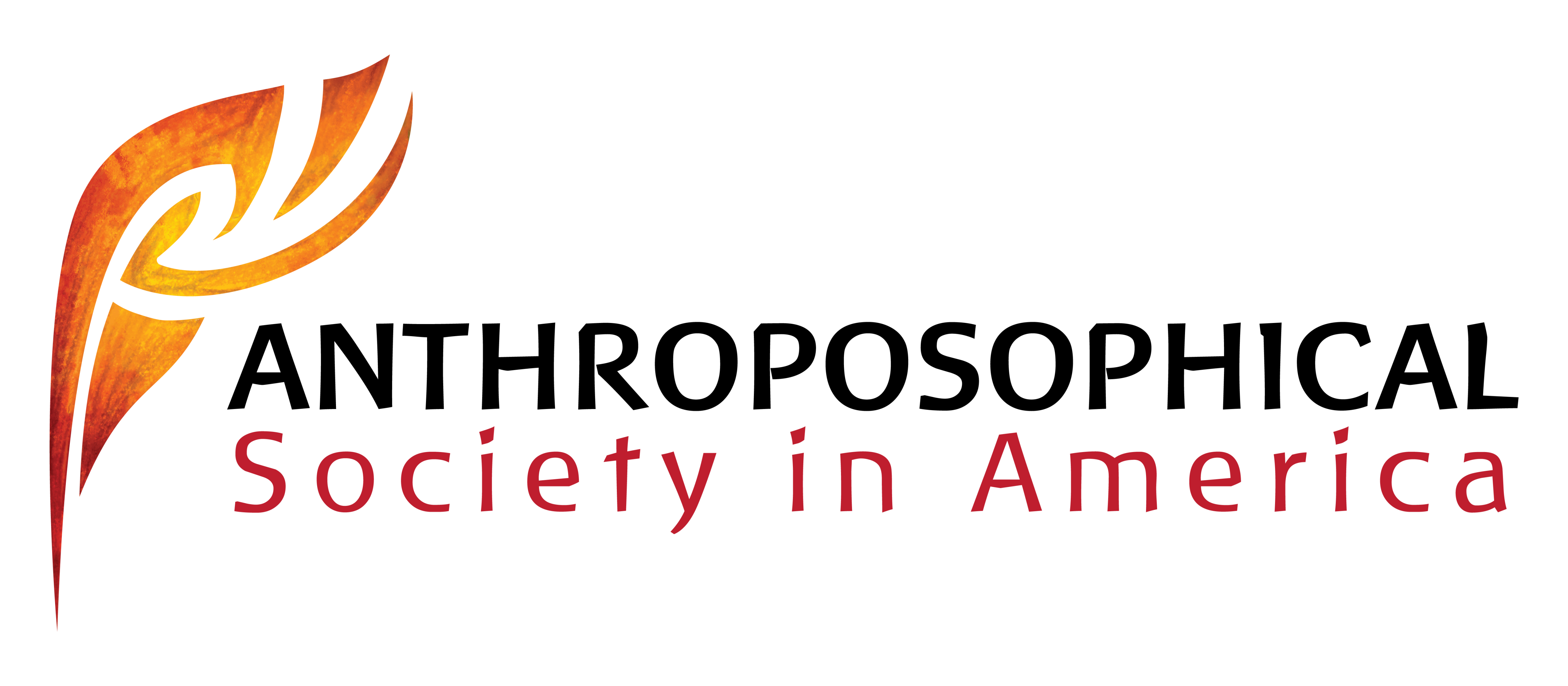Feeling for Reality: Developing Skills of Felt Perception in the Waldorf High School
Jul 15, 2024 10:00AM—5:00PM
Location
ONLINE: Central Time (USA, Canada)
Cost $650
Event Contact Great Lakes Waldorf Institute | Email
Categories Central Region US, Education-Waldorf-Steiner, Workshop
SUMMER FIVE DAYS ONLINE INTENSIVE
Feelings are our living connection to the world and each other, but in excess they can also cut us off from what’s real. Nowhere are feelings more in flux than in the teen years! In the throes of strong feelings, teens traverse the inner extremes, pushing against those around them, taking on new postures and perspectives. Friendships and relationships roil them, social media platforms toy with their sympathies and antipathies, and inner doubts draw them to uncharted depths. Learning to ride these emotional waves, to find inner balance and insight, is a central task of adolescence––and one for which they need guidance. How can we as teachers, parents, and mentors help them learn the power of their felt perception?
In this summer professional development course, the second in a series of three (last summer was “Thinking with Heart”), we will explore ways to meet students where they are––lost in the emotional sauce––and provide them tools to experience their feelings with awakened thinking and intentional action. Using arts, humanities, and sciences as entry points, we will learn ways to awaken in our students a “feeling for reality,” a power to understand and contribute authentically to the living world around them. As teachers and mentors in their lives, we also need to stretch and strengthen our feelings, and this course is meant to support our inner development as well!
Central Themes
- Understanding social-emotional development through the teen years
- Infusing emotional and sensorial richness into high school lessons
- Effects of social media and ways to mediate it
- Feeling as a form of cognition
- Dynamics of identity formation
- Building spaces of belonging and awakening
- Skills for constructive and empathic communication, restorative practices, and self-reflection
